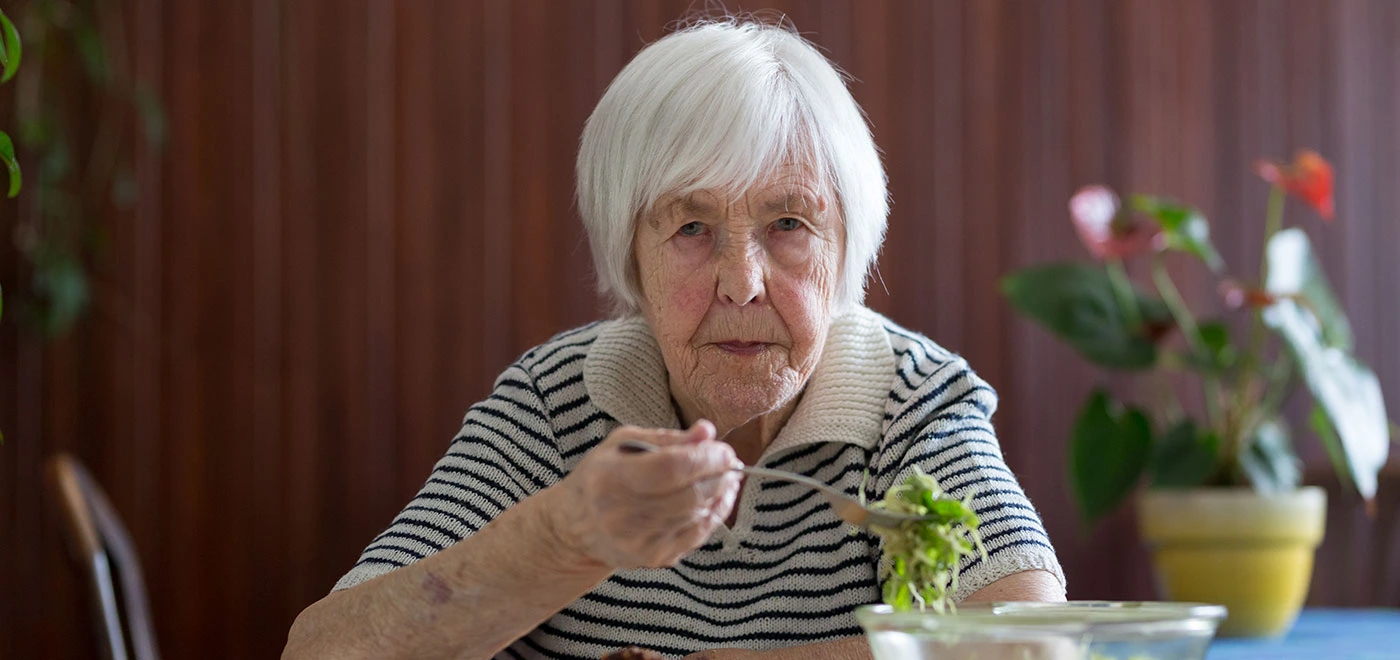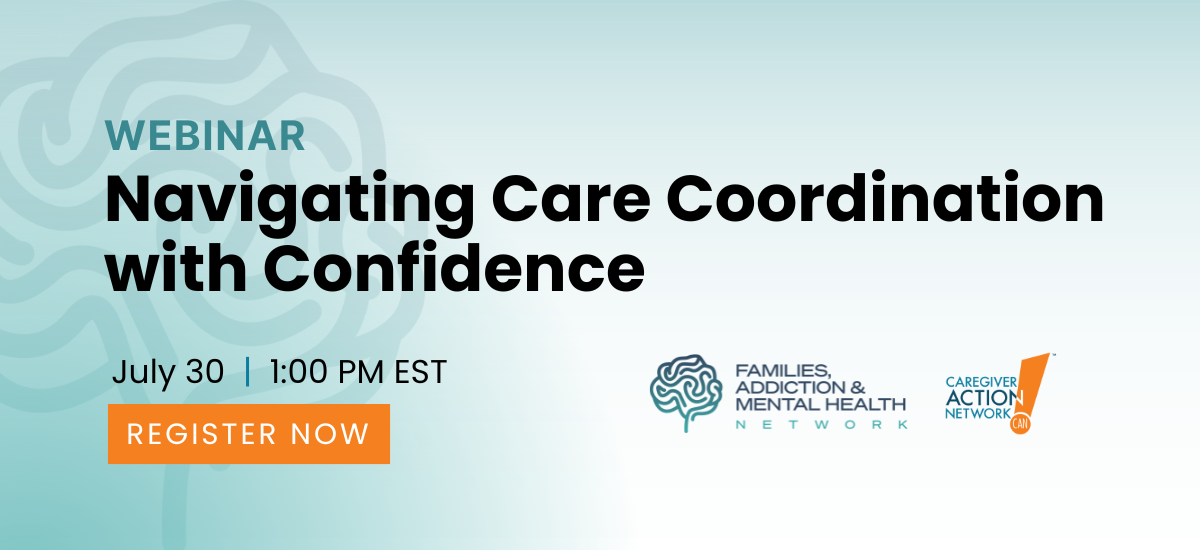Preventing Dehydration in Elderly with Dementia: Essential Hydration Tips
Preventing Dehydration in Elderly with Dementia: Essential Hydration Tips

Why Hydration Matters for Dementia Patients
Our bodies are over 50% water, essential for blood circulation and organ function. While dehydration is uncommon in younger adults, it’s alarmingly prevalent in older individuals, particularly those with Alzheimer’s disease or related dementias. Most seniors experience at least mild dehydration regularly due to medication side effects and deliberately reducing fluid intake to avoid frequent bathroom trips or potential accidents.
Dehydration in dementia presents unique challenges that caregivers must understand. Unlike typical age-related dehydration risks, people with dementia face additional hurdles that significantly increase their vulnerability to this potentially dangerous condition.
Understanding Dehydration in Dementia Patients
Persons with dementia face heightened dehydration risks because they progressively lose the ability to feel thirsty as their condition advances. This diminished thirst sensation, combined with cognitive limitations that prevent them from requesting drinks or remembering to hydrate themselves, creates a perfect storm for dehydration complications in Alzheimer’s disease.
Research indicates that keeping dementia patients hydrated becomes increasingly challenging as cognitive function declines. Memory loss affects their ability to maintain regular drinking habits, while communication difficulties prevent them from expressing thirst even when their bodies urgently need fluids.
Serious Health Risks of Dehydration in Elderly
Dehydration isn’t merely uncomfortable—it presents serious health concerns for seniors with dementia. Risks of dehydration in elderly include increased susceptibility to:
- Falls and injuries due to dizziness
- Worsening confusion and disorientation
- Severe constipation and digestive problems
- Urinary tract infections
- Respiratory infections
- Hospitalization (nearly one million older adults are hospitalized for dehydration annually)
The combination of chronic mild dehydration and acute illness creates a dangerous situation where dehydration can rapidly escalate from mild to severe. Early identification and intervention are critical components of effective dementia care hydration management.
Recognizing Symptoms of Dehydration in Dementia
Caregivers must remain vigilant for signs of dehydration in elderly loved ones, especially those with cognitive impairment. Common indicators include:
- Dry eyes, nose, and/or mouth
- Decreased urination (going 8+ hours without urination often signals dehydration)
- Smaller urine volume than usual
- Elevated heart rate (100+ beats per minute)
- Unexplained weakness or fatigue
- Increased confusion beyond typical baseline
- Unusual drowsiness or lethargy
- Recent unexplained weight loss
The more symptoms present, the greater the likelihood of significant dehydration. Creating a simple checklist of these symptoms of dehydration in dementia can help caregivers monitor hydration status more effectively.
Immediate Actions for Suspected Dehydration
If you believe someone with dementia is experiencing dehydration, your response should match the severity of their symptoms:
For severe symptoms (extreme weakness, significant confusion increase, excessive sleepiness, or inability to drink), seek immediate medical attention. These signs may indicate dangerous dehydration requiring professional intervention.
For mild dehydration without severe illness, implement elderly dehydration prevention strategies by encouraging increased fluid intake while closely monitoring for improvement. Most individuals should aim for 4-6 cups of fluid daily, adjusting upward during hot weather or illness. For those with medical fluid restrictions, consult their physician about appropriate hydration for Alzheimer’s patients with their specific condition.
Effective Strategies for Preventing Dehydration in Elderly
Implementing proactive dementia care hydration tips can significantly reduce dehydration risks:
- Establish a consistent hydration schedule with drinks offered regularly throughout the day—not just during meals
- Create enjoyable drinking routines like afternoon tea or a non-alcoholic “happy hour”
- Ensure drinks remain easily accessible at all times
- Experiment with different drinking containers (sports bottles, cups with handles, straws) to discover preferences
- For advanced dementia, specialized hydration syringes can deliver fluid to the back of the mouth where swallowing reflexes remain active
- Maintain a hydration log to track daily fluid intake
- Increase fluid offerings during hot weather, fever, or gastrointestinal illness
- Encourage but never force fluids
Recommended Fluids for Dementia Patients
While water remains the ideal hydration source, variety significantly increases consumption likelihood. Effective fluids for dementia patients include:
- Water (consider adding lemon, cucumber, or fruit for flavor enhancement)
- Fruit juices (preferably diluted to reduce sugar content)
- Milk or plant-based milk alternatives
- Nutritious smoothies
- Low-sodium broths and soups
- For swallowing difficulties: popsicles, gelatin, pudding, or sherbet
Additionally, incorporate foods high in water content for seniors like watermelon, oranges, peaches, cucumbers, and many other fruits and vegetables that naturally contribute to hydration status.
Be cautious with natural diuretics like coffee, caffeinated tea, sodas containing caffeine, and alcoholic beverages, as these can potentially worsen dehydration. However, if a morning coffee helps establish routine or a glass of wine enhances appetite, include these thoughtfully while ensuring abundant non-diuretic fluids throughout the day.
For particularly resistant individuals, try implementing these safe drinking tips for seniors with dementia:
- Pair hydration with established routines like medication times or after bathroom visits
- Model drinking behavior by joining them for beverages
- Offer colorful drinks in transparent containers for visual appeal
- Consider adaptive cups specifically designed for dementia patients
Preventing dehydration in elderly with dementia requires vigilance, creativity, and persistence. Understanding the unique causes of dehydration in dementia patients—like diminished thirst sensation and cognitive barriers to self-hydration—enables caregivers to implement effective preventive strategies. By recognizing early warning signs and consistently applying these hydration for Alzheimer’s patients techniques, caregivers can significantly reduce hospitalization risks and improve quality of life.
Remember that successful dementia care hydration involves balance—encouraging adequate fluid intake while respecting dignity and preferences. The goal isn’t perfect adherence to arbitrary hydration targets but rather maintaining sufficient fluid balance to prevent complications while preserving comfort and quality of life. By implementing these strategies consistently, caregivers can make meaningful differences in the health and wellbeing of those living with dementia.




